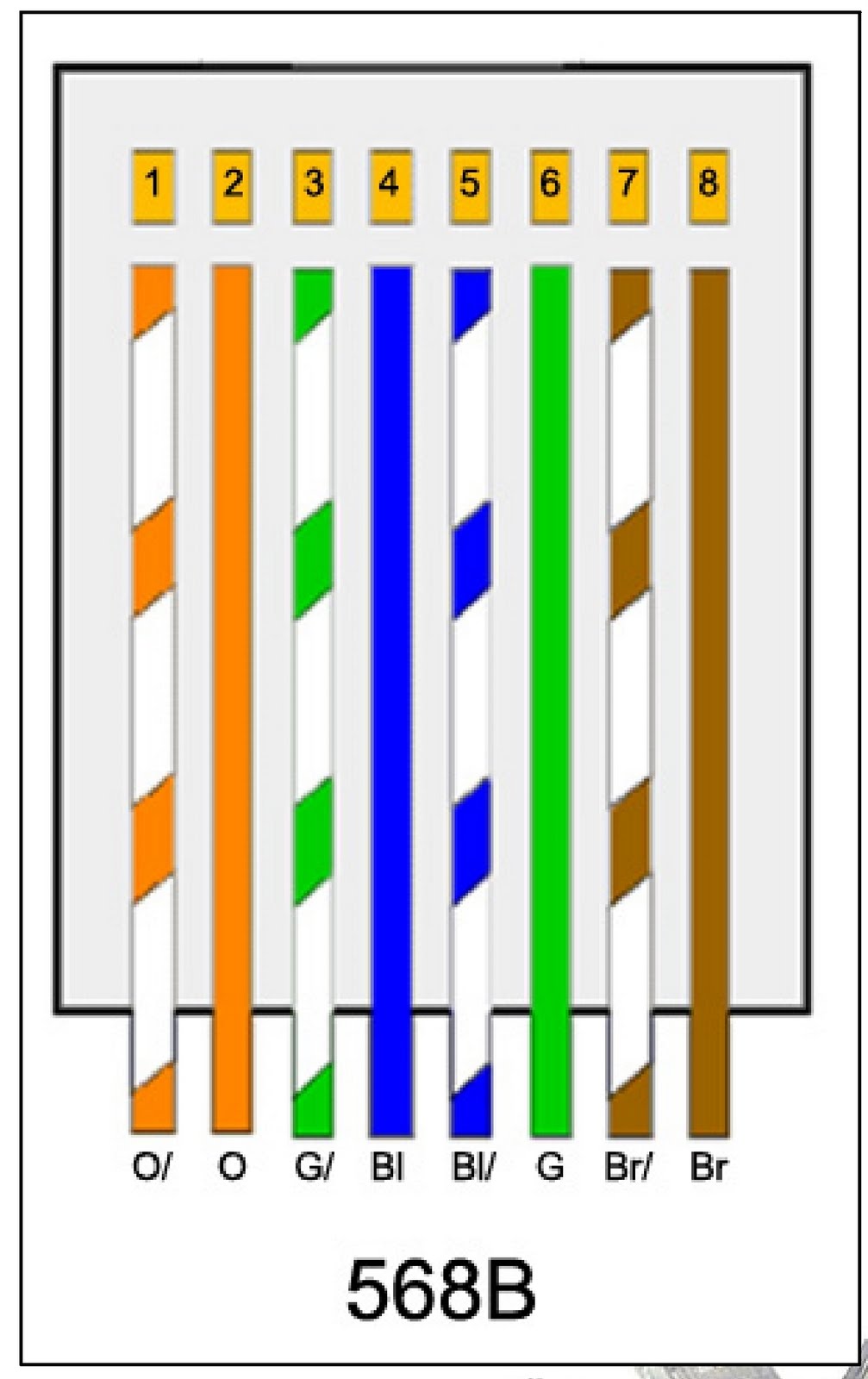When it comes to understanding the intricacies of electrical systems, having a cable wiring diagram is crucial. A cable wiring diagram is a visual representation of the electrical connections within a system, detailing how each component is connected and how power flows through the system. This tool is essential for anyone working with electrical systems, whether it be for installation, maintenance, or troubleshooting.
Why Cable Wiring Diagrams are Essential
- Provide a clear and detailed overview of the electrical connections
- Ensure proper installation of components
- Aid in troubleshooting electrical issues
- Help prevent electrical hazards and accidents
How to Read and Interpret Cable Wiring Diagrams Effectively
Reading and interpreting cable wiring diagrams may seem daunting at first, but with practice and understanding, it becomes easier. Here are some tips to help you navigate through a cable wiring diagram:
- Identify the components and their symbols
- Follow the flow of power through the system
- Pay attention to the direction of current flow
- Refer to the legend or key for any symbols or abbreviations
Using Cable Wiring Diagrams for Troubleshooting Electrical Problems
When faced with electrical issues, a cable wiring diagram can be your best friend. By referring to the diagram, you can pinpoint the source of the problem and take appropriate action. Here’s how cable wiring diagrams can help with troubleshooting:
- Identify faulty connections or components
- Trace the flow of power to locate the issue
- Compare the actual wiring with the diagram to spot discrepancies
Importance of Safety
Working with electrical systems can be dangerous, so it’s important to prioritize safety at all times. Here are some safety tips to keep in mind when using cable wiring diagrams:
- Always turn off the power before working on any electrical system
- Use insulated tools to prevent electric shocks
- Wear appropriate protective gear, such as gloves and goggles
- Double-check connections before turning the power back on
Cable Wiring Diagram
Standard Network Cable Wiring Diagram

Rj45 Ethernet Cable Wiring Diagram

Ethernet Cable Wiring Diagram T568b – Wiring Digital and Schematic

Rj45 Cat 6 Wiring

Cat5e Cable Wiring

Rj45 Wiring Diagram B
